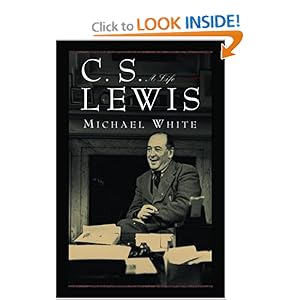Finally! After 2 years of slaving through, forgetting to read and coming back to the book, I have finally finished
The Audacity of Hope by Barack Obama! It was such an intriguing prospect to read a book written by such a public figure, who has now become the leader of one of the most powerful nations in the world. It has given me a chance to know the person for what he has to say, not for what the media and propoganda has to say about him. In fact, one of the chapters that I enjoyed most in the book was the one where he talked about the media. It was interesting hearing about the process of newsmaking from someone at the other end, where every single action and word is scrutinized to see if it can be given a slant to portray what bias the media wants to portray.
Despite the amount of time it took for me to finish this book, I actually enjoyed it quite a bit. The book's style is unique: it isn't fiction and it isn't academic research or cold hard facts; rather it is written in the style of conversation and throughout the entire book Obama is conversing with the reader, describing what he see, discerns and envisions for his home country, which he loves. It was refreshing to be able to read something so warm, positive and optomistic, especially from someone who has now become a world leader.
In some ways, however, one of the harshest criticisms I can give about this book was that in some ways it was too optomistic - optomistic to the point of naivety. Obama had a lot of good observations, and a lot of good suggestions and criticisms, but there seems to be an assumption in his writing that if the issue he identifies is fixed in the way he suggests it be fixed, then everything would be fixed, it's just that simple. But life is rarely so simple. Below is a selection of quotes I have taken from his book regarding the taxation of the wealthy, and while I agree on many levels with him, I doubt the situation is as clear-cut as he makes it seem:

"We will have to stop pretending that all cuts in spending are equivalent, or that all tax increases are the same. Ending coporate subsidies that serve no discernible economic purpose is one thing, reducing health-care benefits to poor children is something else entirely. At a time when ordinary familieis are feeling hit from all sides, the impulse to keep their taxes as low as possible is honorable and right. What's less honorable has been the willingness of the rich and the powerful to ride this antitax sentiment for their own purpose, or the way the President, Congress, lobbyists, and conservative commentators have been able to successfully conflate in the mind of voters the very real tax burdens of the middle class and the very manageable tax burdens of the wealthy... Perhaps I possess a certain Midwestern sensibility that I inherited from my mother and her parents....that you can derive as much pleasure from a Picasso hanging in a museum as from one that's hanging in your den, that you can get an awfully good meal in a restaurant for less than twenty dollars, and that once your drapes cost more than the average American's yearly salary, then you can afford to pay a bit more in taxes."
Despite the fact that I agree with Obama in most of these statments, the fact is also that human beings will always try to exploit one another. It is also a fact that most Americans are addicted to the spending and consumerism which feeds the wealthy. Forcing the wealthy to pay more taxes makes more sense than taxing the middle class American who can barely make ends meet as it is, but it hardly solves the deeper issues. Furthermore, making such adjustments to society is not easy, as I'm sure Obama has found out since he has gotten into office. The changes he has tried to bring to the healthcare system have been mentioned in this book, and despite how good of idea they may seem on paper, implementing them has been for him a whole other ballgame.
I guess in someways this book is full of audacity. It has the audacity to claim that with a few seemingly sensible changes then everything would be better. It has the audacity to hope for change, even if, in reality, change isn't very likely or forthcoming.
"That was the audacity of the American spirit, I thought - having the audacity to believe despite all the evidence to the contrary that we could restore a sense of community to a nation torn by conflict; the gall to believe that despite personal setbacks, the loss of a job or an illness in the family or a childhood mired in poverty, we had some control - and therefore responsibility - over our own fate."






